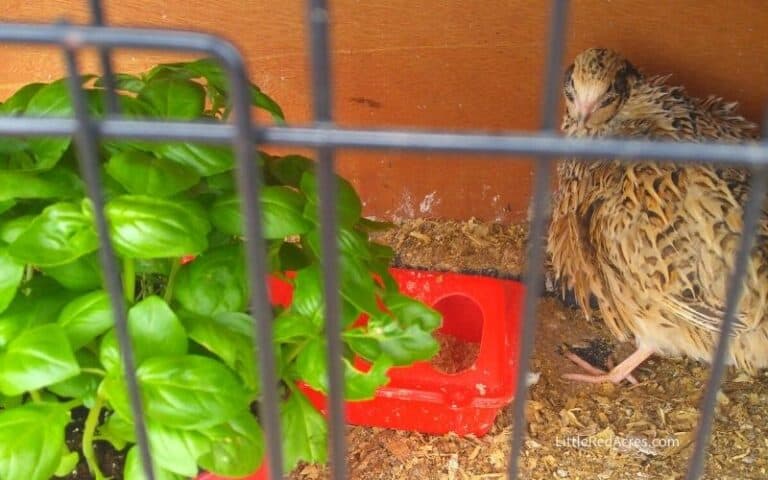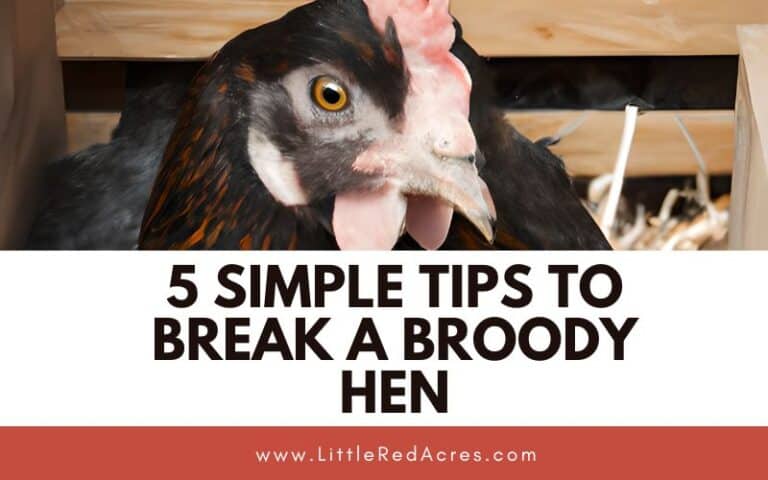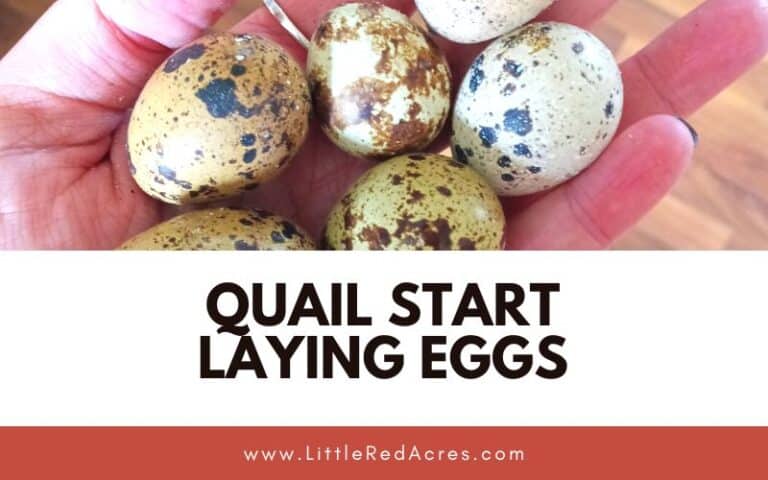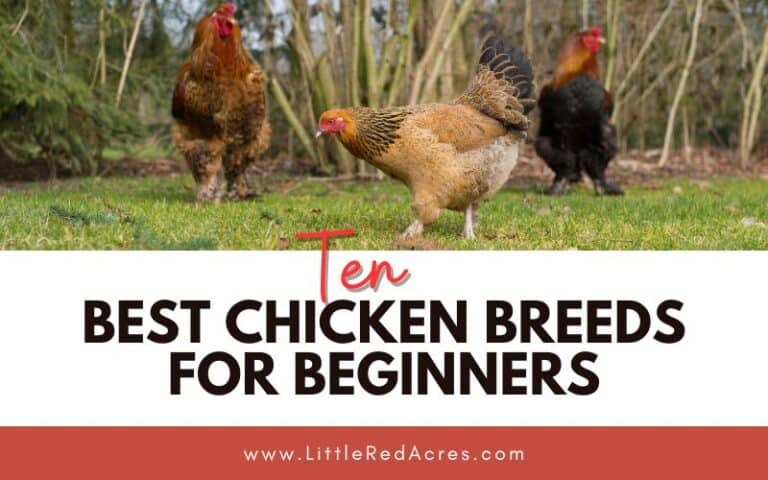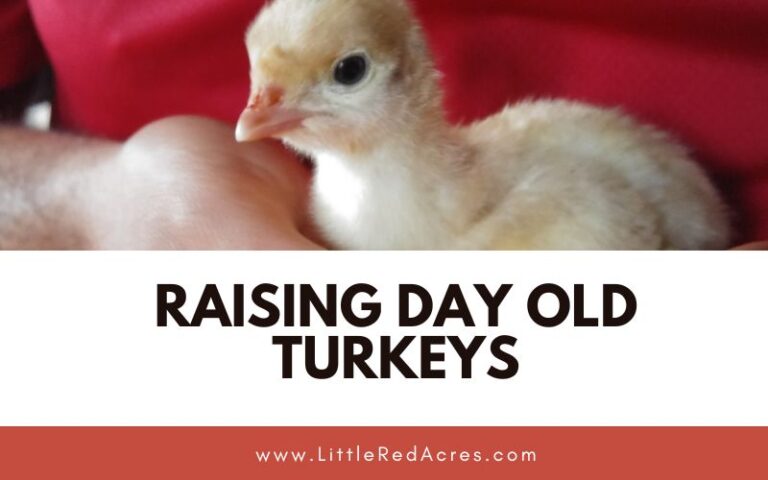Raising Meat Chickens
There are many benefits to raising meat chickens. They are a great source of protein and can be very affordable. Meat chickens can also be very easy to care for. They don't require a lot of space and can be raised in almost any type of climate.
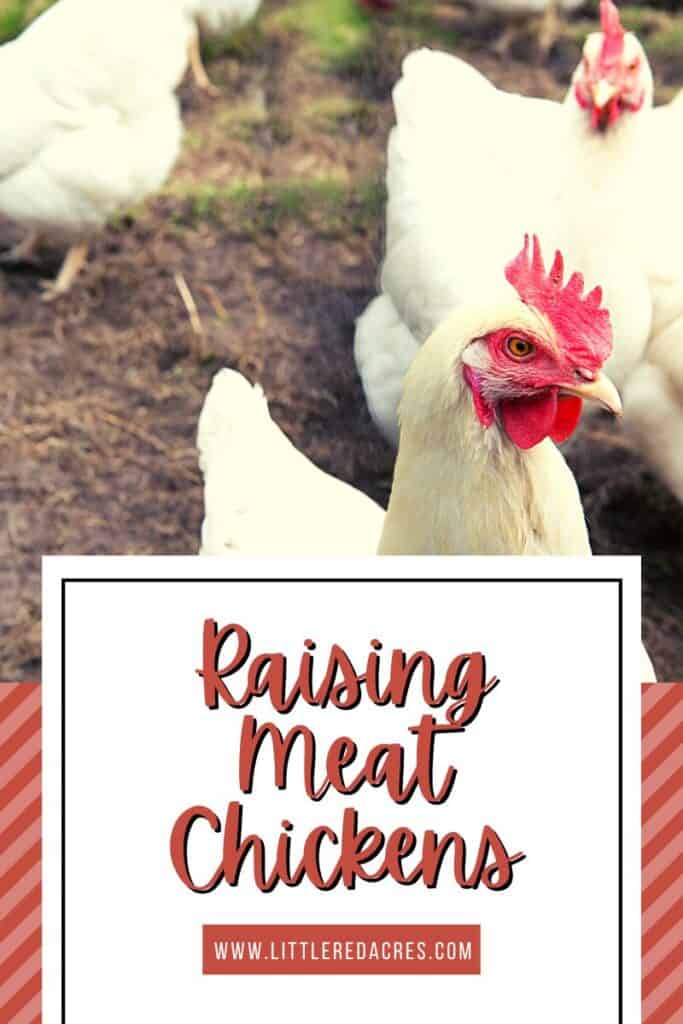
This post may contain affiliate links, see my disclosure policy for more information.
Raising Meat Chickens
Chickens raised for meat sometimes called “broiler chickens or meat kings,” are a special type of chicken bred and raised specifically for meat production.
They are typically started as day-old chicks and grow very quickly, reaching butcher weight at about 6 weeks of age. Meat chickens are usually white-feathered birds with yellow skin. They are different from egg-laying chickens in several ways, most notably in their much larger breast muscle development.
They Aren't A Free-Range Chicken
Meat kings are not like your typical egg-producing chickens. They are not going to be scratching to eat bugs. They eat until they die, literally.
At 4-5 weeks, they lay down beside the dish to eat. At 6 weeks, they no longer explore the coop. By butcher at 6-8 weeks, they pushed their heavy bodies off the ground, waddled three steps out of fresh excrement, and lay back down in more fresh excrement.
Gender is Irrelevant When Raising Meat Chickens
Selective breeding for raising meat chickens has led to birds that achieve five pounds in 8 to 10 weeks, with breast meat of up to two inches wide. Allowing them to reproduce will not produce the same quality offspring. Also, these chickens are too fat to fully mature sexually.
The cockerels developed larger red wattles but were still unable to crow, and though the pullets dressed out at five pounds and the cockerels at six.
You are very unlikely to grow out meat chickens to have them reproduce on their own.
Raising Meat Chickens Humanely and Organically is Easy
What one person sees as humane can be negotiable to another. Excessive cruelty includes a lack of veterinary service, inadequate nutrition, and unsafe water, or regular injury to chickens.
If a chicken won’t move out of a two-square-foot area, is it inhumane to only give it the space it’ll use? Is it inhumane to enclose them if open fields leave them vulnerable?
It is important to give them appropriate space and to clean their coop/run. A popular choice is to use a chicken tractor so that you can move them around throughout both the weeks you raise them and even in the middle of the day. They are going to kill the grass wherever you put them.
Suggestions or Tips for Raising Meat Chickens
You butcher based on the size of your chickens and how they are fairing as they grow. After a while, their legs won't be able to support their weight. And they will die of heart attacks making your time, effort, and money into the chicken worthless and a loss.
Meat chickens stink much worse than laying hens.
A lot of people raise up there meat chicken on growing feed but finish them on lay pellets. This slows their growth at the end and prevents heart attacks before butchering.


